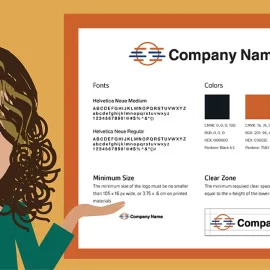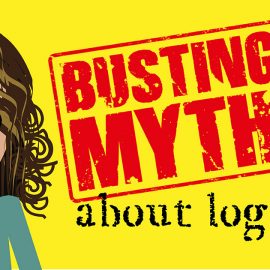
SEO Tips: Write a Title That Google Will Love
Coming up with a title for your business can be the hardest part of the creative process. Though this may seem like a small piece of your marketing puzzle, your title can be a big deciding factor in the success of your business.
While you may have spent hours agonising over the perfect title to represent your brand, creating a meta title for search engine purposes is a whole other ballgame. When it comes to your SEO ranking, your meta title can truly make or break whether or not your business will be found online.
Read on for our top tips on how to write a meta title that will get your business the attention it deserves on Google’s search engine.
What is a meta title?
Meta titles and meta descriptions are hidden text elements on your page that are used to describe your website on search engines but may not necessarily appear on your web page at all. These elements are meant to give a small taste of what your website is about for people who have come across your page by way of a search engines.
More often than not, people who have found you on search engines like Google, will not be familiar with your company, which means that your meta title will need to provide more detail about your product or service than your business title and slogan on your home page alone.
Writing a meta title
The “classic” structure for a meta title for local businesses is as follows:
Keywords | Business name | Location*
*businesses that are not bound by location can omit this.
Pro tips:
- Google only gives you a limited amount of space to display your title. Keep your title short, quick and eye catching. It’s recommended that you keep your meta title between 50 – 55 characters, including spaces.
- Keep in mind that your title will not look identical on every search result. When words in your meta title match up with what someone is looking for in their search query, Google will bold the matching words in your title. This will affect the sizing of your title within the search engine, so it’s best to keep things short.
- Consider using vertical bars to separate the different aspects on your website to make your title easy to read on crowded search engines.
- In addition to search engine results, your meta title will also appear on browser tabs and social media posts, so keep clarity and eye-appealing qualities in mind when writing it.
- Do you run a local business? Consider adding your location in your title. Users don’t want to fall in love with a business only to find out it’s located a million miles away.
Write the title your users are looking for
As mentioned above, the results of your user’s search query has a direct impact on how your title will appear within Google.
When words within a user’s search query matches up with your meta title, Google will not only place your website higher on the search results, but it will bold the matching words and phrases in your title.
In order to benefit from matching title results, you’ll need to make an effort to write your title based on what your potential clients will likely be searching for.
One of the best ways to find out the insider details of your user’s search strategy is to look into Google Adword Keyword Planner. With the Keyword Planner, you can fine tune your title to match exactly what your users are looking for.
SOURCE: Wix



